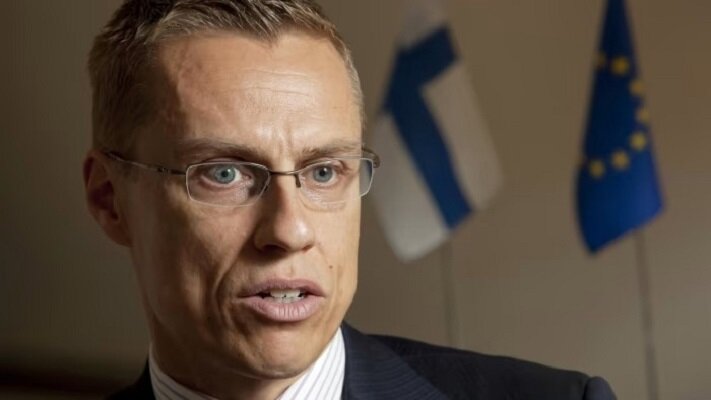The request of the President of Finland again to cancel the right of “veto” in the Security Council

report Mehr News Agency quoted by TART, Finnish President Alexander Stubb during his speech at the United Nations “Future Pact” summit, referring to Due to the failure of the Security Council to fulfill its main task of maintaining peace, he once again demanded the cancellation of the veto right of all members of the Security Council.
Stubb said at the summit that the world is currently witnessing four major wars simultaneously in Ukraine, Palestine, Sudan and Syria, and the United Nations has not succeeded in achieving its goals regarding global crises.
Emphasizing the need for joint efforts to deal with these problems, he added that the Security Council also The main task of this council has failed. He emphasized: The main duty of the United Nations Security Council is to maintain peace, and let’s be honest; They have failed to fulfill this duty.
The president of Finland, whose country has recently joined NATO, added: “The Security Council, in my mind, is a reflection It is not from today’s world.
The Security Council has only one representative from Asia, and Latin America and Africa have no representatives. Stubb also criticized this lack in the Security Council and added three proposals for reforms in this council: the first proposal is the addition of five members; One from Latin America, two from Africa and two from Asia.
He added: The second proposal is to cancel the right of veto of all permanent and elected members of the Security Council. And my third suggestion is that in case of flagrant violation of the UN Charter by a member of the Security Council, that member’s right to vote in the Council should be suspended.
Giorgia Meloni, the Prime Minister of Italy, in turn, pointed out that the existence of fair laws and agreed by the parties It is necessary for the effective functioning of an organization, he said: This is why we have come to the conclusion that any reforms in the governance of the United Nations, especially the Security Council, should not be done without ignoring the principles of equality, democracy and representativeness.


